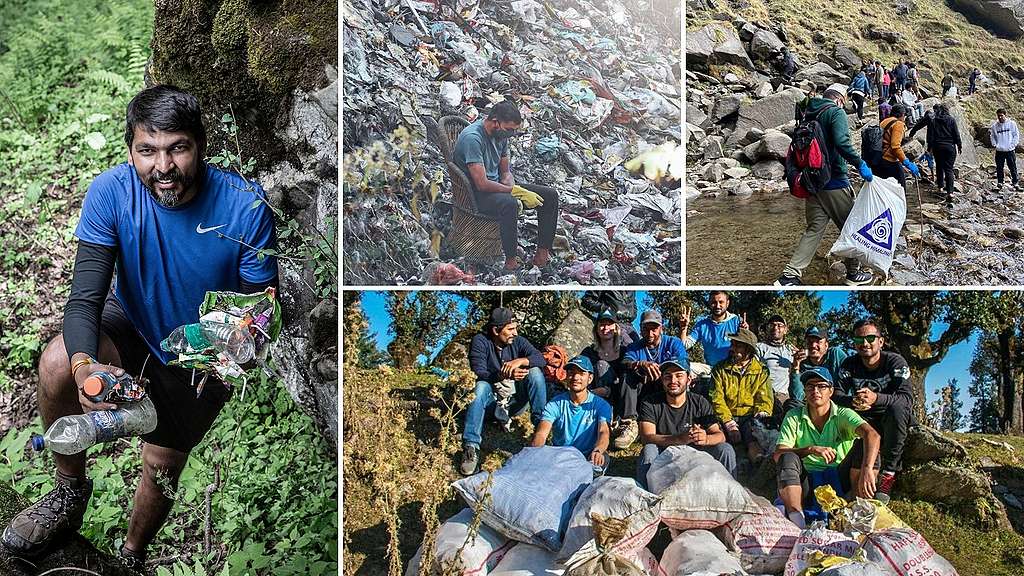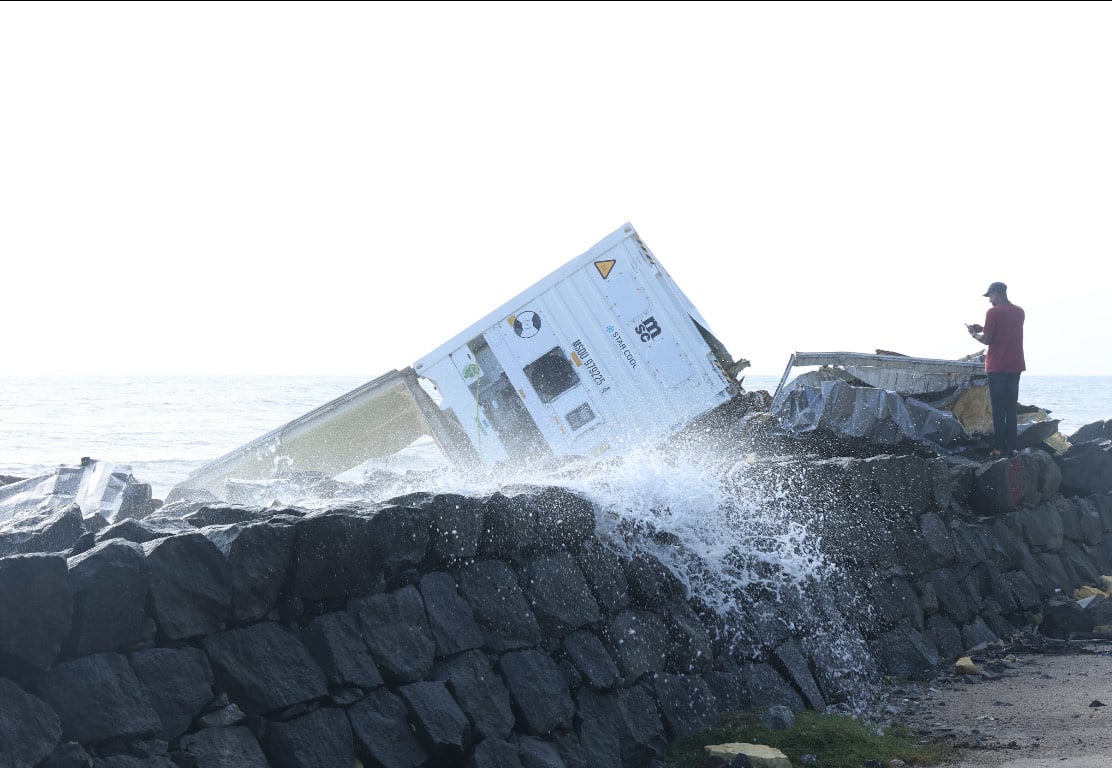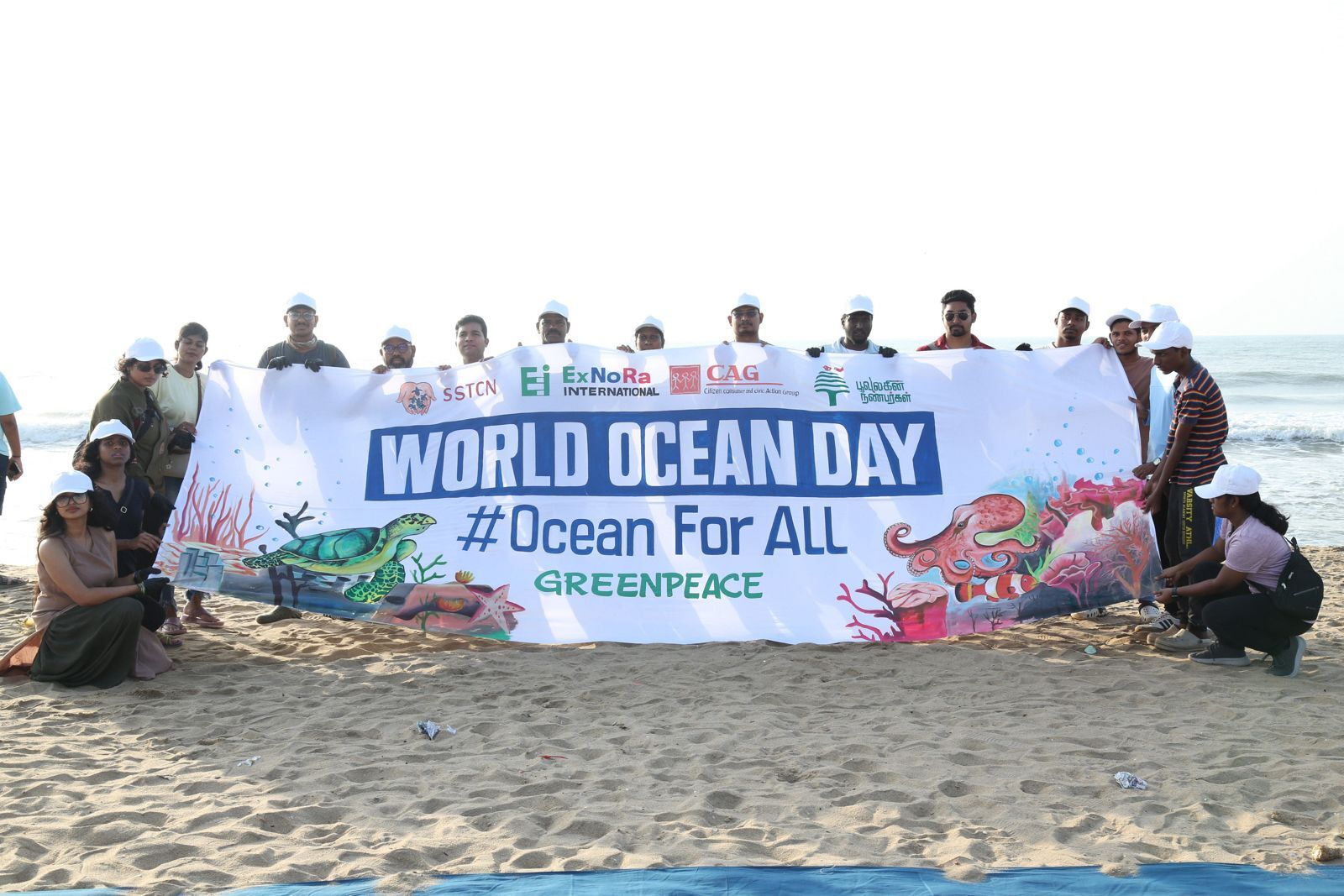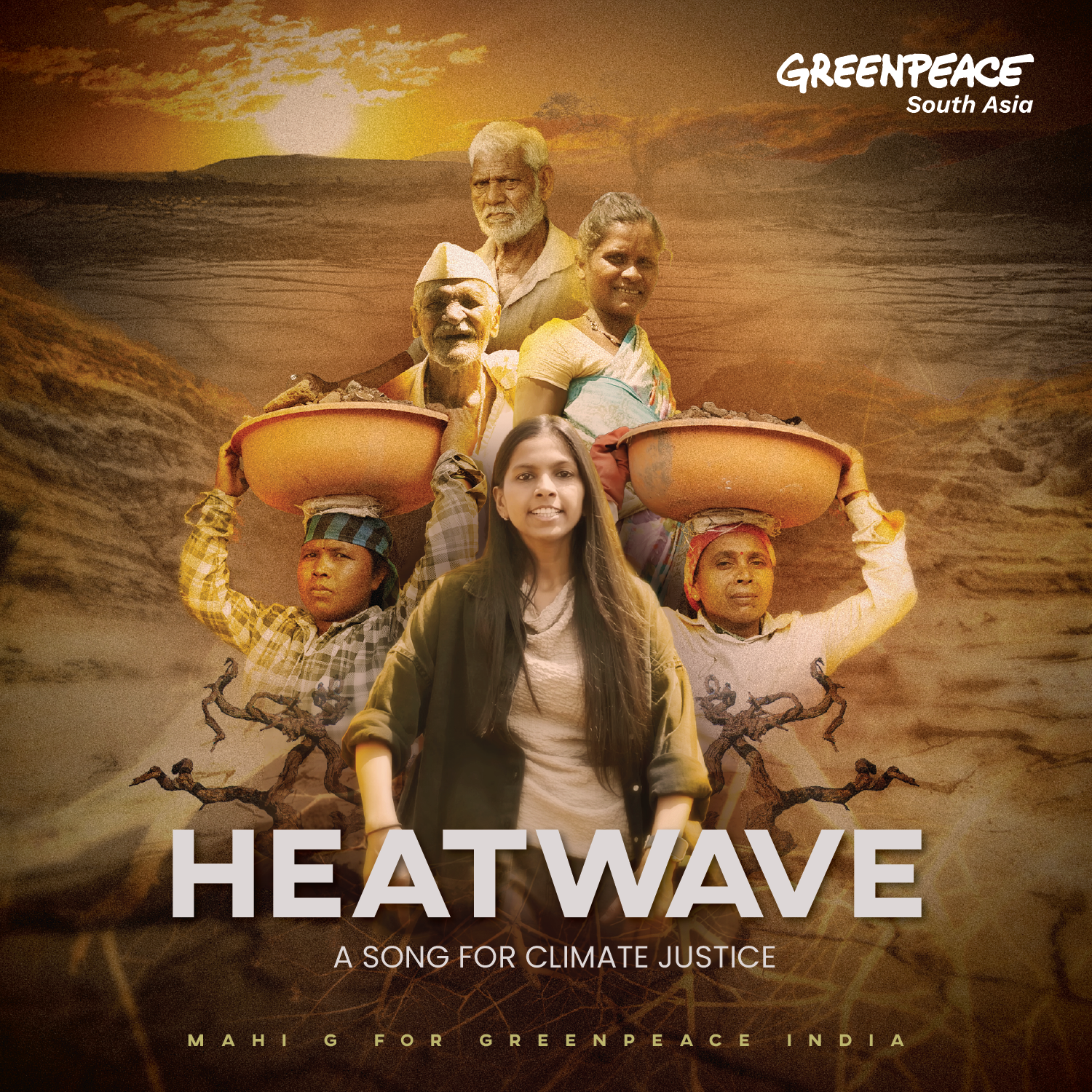Today is the International Day of Mountains and this year’s theme is “Sustainable Mountain Tourism”. For me, mountains are both a source of recreation and an important resource.
Mountains are home to 15% of the world’s population and they attract nearly 15-20% of global tourism. Mountains host almost 50% of the biodiversity hotspots worldwide and provide freshwater to humanity for survival every day.
However, mountains have not escaped the climate crisis. Himalayan glaciers are melting faster than anywhere in the world and plastic microfibers have been found even in the highest peaks.
And this is why, I give back to the Himalayas by keeping them litter free and reintroducing a circular economy at the third pole of the world. A circular economy is possible only if we factor in the carrying capacity of our mountains, an aspect we often overlook. The never ending demands of tourists and dying belongingness of indigenous communities is adding fuel to the fire. I believe that local growth comes from locally sourced produce and local skills. Small is beautiful and sustainable – just think of homestays over luxury hotels for example!

To further this vision across the Himalayas, our team at Healing Himalayas strives to preserve our mountains and make our planet a better, safer place. We have collected more than 800 thousand kilos of non-biodegradable solid waste and engaged more than 7000 volunteers on ground. We have built one waste collection center in Kinnaur so far to handle source segregation and eventually recycling. In the year 2022 we are aiming to build another three centers in Kinnaur, Lahaul and Spiti.
Along with the ground action we encourage travellers and communities to be ethically mature, adopt sustainable lifestyle changes, and respect every species that inhabits our planet with us. It is through this that I believe we can bring about true change and see our mountains as providers and not as a resource..
Pradeep Sangwan
Founder, Healing Himalayas




Discussion
Great piece.
There are two falacies in the article. Firstly, sustainability and tourism don't go together but they are anti-thesis. Secondly "Himalayan Glaciers are melting faster than anywhere in the world". This is a false notion. Even IPCC concluded by 2035 Himalayan Glaciers will be Ice free -- Al Gore claimed in 5 years Greenland will be ice free --. When we questioned on the varacity of such conclusion by IPCC, the chairman said it is "voodoo science". But after receiving NobelPrize, IPCC & Al Gore announced withdrawal of their conclusions. IPCC expressed appollogy for such reporting. After returning from Paris meet in December 2015, Minister of Environment & climate change informed the partliament the more than 86.6% are intact. Now Gangotri is recovering from the impact of fault. Dr. S. Jeevananda Reddy
Thank you for the fantastic action in the mountains. I'm a swiss treker in Garwhal and quite chocked by the waste we see even on the trails. Indian tourists show no respect for the nature and leave tons of waiste. And locals do their best to manage the litter, by burning it... but what could they do more as there are no infrastructures like good roads and modern incinerators. What is the government doing...? Your actions give hope, I wish you all the best. Namaste